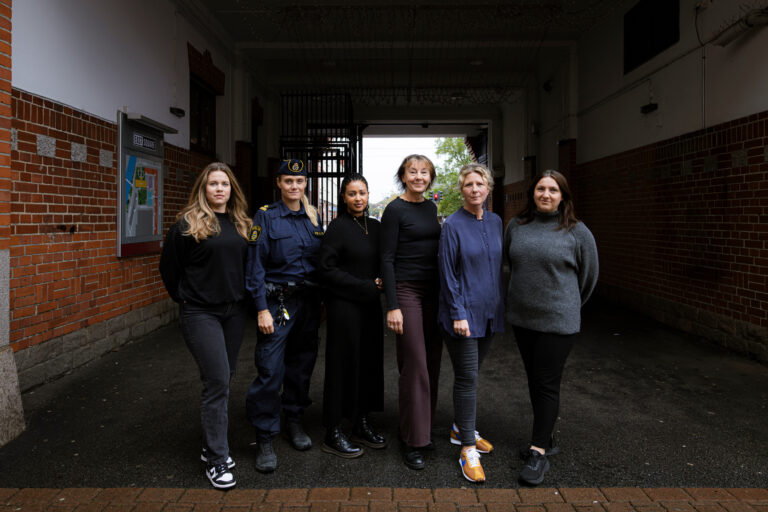Kalender / Övre Norrland
14 januari
Välkommen att diskutera er projektidé i Västerbotten
Kalender / Småland och Öarna
15 januari
Information om våra aktuella utlysningar
Visa alla nyheter

